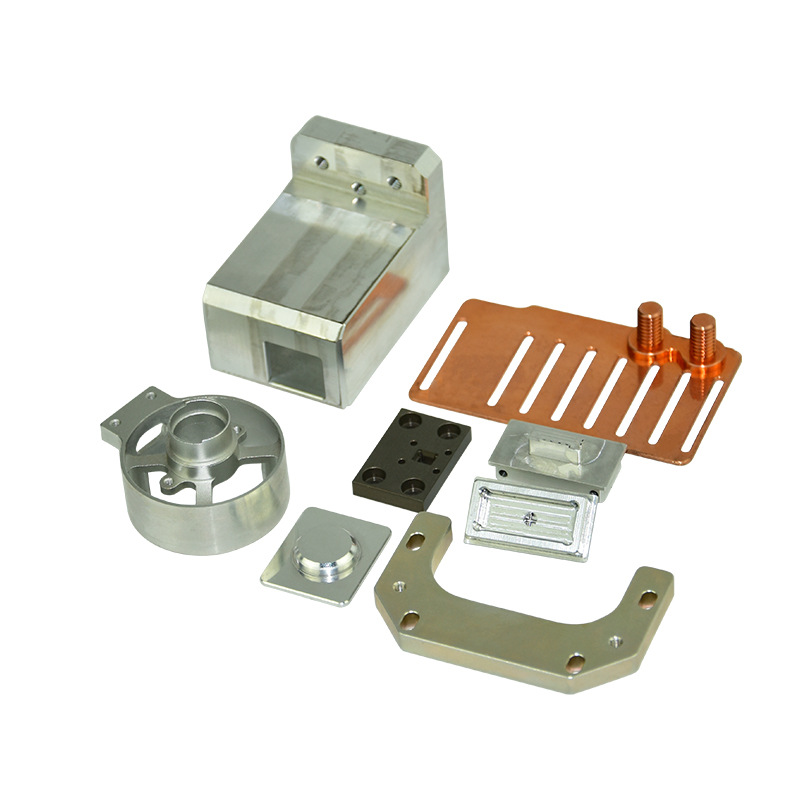English 


Views: 0 Author: Site Editor Publish Time: 2023-11-22 Origin: Site









In the realm of electronics, heat dissipation plays a crucial role in ensuring the optimal performance and longevity of various components. Heat sinks, as essential components of thermal management systems, effectively transfer heat away from heat-generating sources, preventing overheating and potential damage. The choice of material for heat sinks is paramount to their effectiveness, and aluminum and copper stand out as the most commonly used materials due to their exceptional thermal properties.
Aluminum Heat Sinks: A Cost-Effective and Lightweight Solution
Aluminum, renowned for its lightweight and corrosion-resistant properties, is the most prevalent material for heat sinks. Its thermal conductivity, ranging from 166 to 231 W/m·K, makes it a suitable choice for a wide range of applications. Aluminum's affordability and ease of machining further contribute to its widespread use.
Copper Heat Sinks: Superior Thermal Performance for Demanding Applications
Copper, boasting a thermal conductivity of approximately 401 W/m·K, outperforms aluminum in heat dissipation capabilities. This superior thermal performance makes copper heat sinks ideal for applications involving high heat flux densities, such as power electronics and high-performance processors.
Factors to Consider When Selecting Heat Sink Material
The choice between aluminum and copper heat sinks hinges on several factors, including:
Heat Generation: For applications with low to moderate heat generation, aluminum heat sinks provide a cost-effective and lightweight solution.
Space Constraints: Aluminum's lower density makes it a suitable choice for compact designs where space is limited.
Cost Considerations: Aluminum heat sinks are generally more affordable than copper heat sinks.
Performance Requirements: For applications demanding exceptional heat dissipation, copper heat sinks offer superior thermal performance.
Conclusion
Heat sinks, integral components of thermal management systems, play a vital role in maintaining the optimal performance and longevity of electronic devices. The choice of material for heat sinks depends on the specific application's requirements, with aluminum and copper serving as the most common and effective choices due to their exceptional thermal properties and cost considerations.
